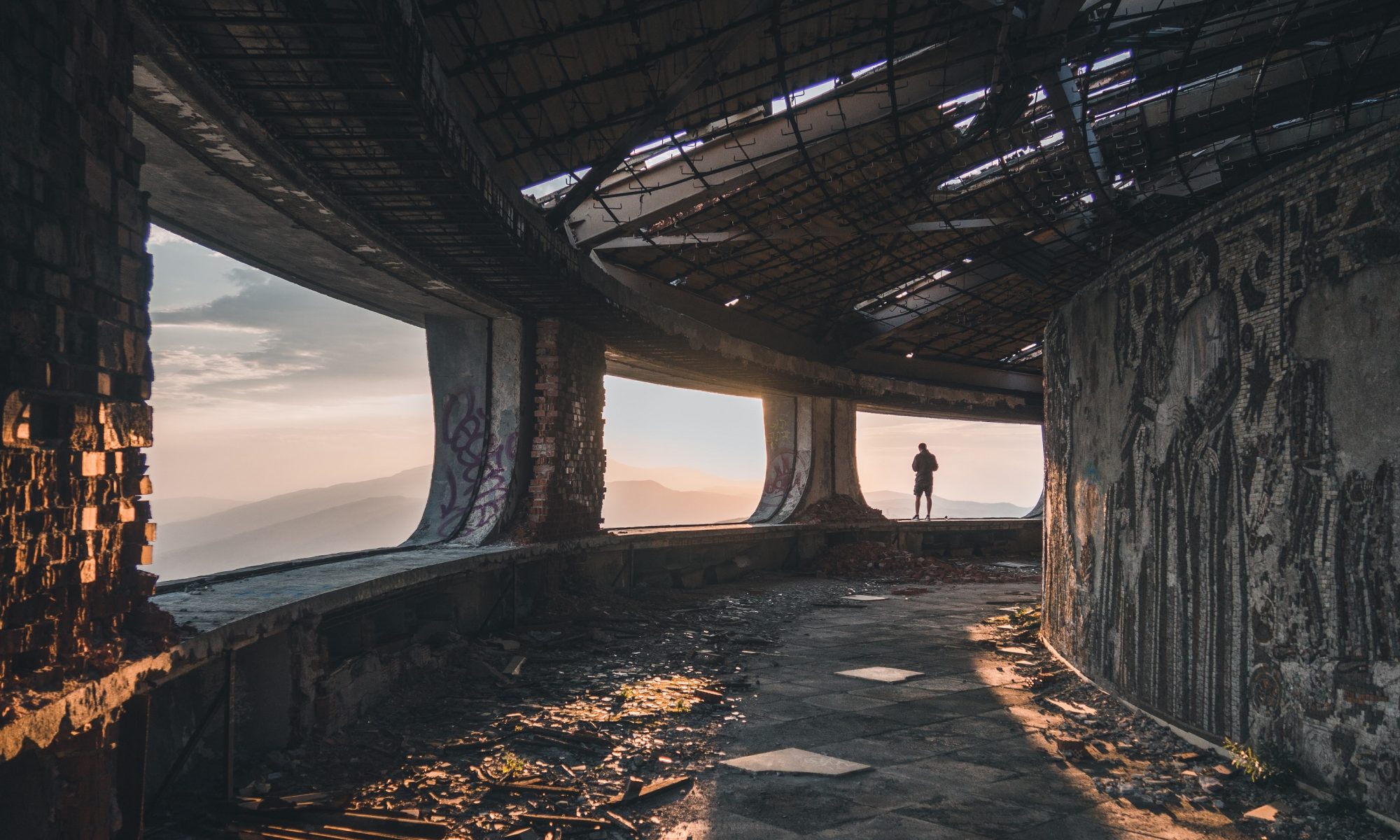It’s (reasonably) well-established in running marathons that there’s a period when you psychologically don’t think you can run anymore; I think it happens around the eighteen to twenty-mile mark. You’re exhausted, you’ve come a long way and you’ve still got a fair way to go – it’s understandable.
I’m not sure if the metaphor really holds, but I find myself hitting very small, similar walls when I write. I’ll get a few hundred words done and then want a break. I’ll feel reluctant to carry on, wanting to do something else – and that’s ridiculous and impractical; it’d take forever to write a book doing just a few hundred words at a time.
And often I can overcome this by just persisting, but I do find myself wondering about the cause. Have I frazzled my brain so much with social media and switching between tasks so much that I can’t focus on doing something for a long time? Maybe … although I’m certainly happy to read for a long period of time at once. But then a part of me thinks that my attention span is shorter than it used to be; in the first few days of the Christmas holidays, I really had to fight to watch an entire film at once (a crazy time-luxury) rather than watching some and then pausing.
It’s not a great state for an author to occupy, and I’m certainly going to think about cutting back on non-essential attention-switching tasks and how I structure my life at work. Unfortunately, my job does require me to hop from project to project within each day (and each hour) but I’d like to avoid any further deterioration if I can…
I’m curious as to whether other authors or readers have experienced something similar, or whether it strikes you at certain times or places? It’s odd that I can read for a long period at a time, but when something actually needs proper concentration, it can be more difficult, but without being a cognitive psychologist, it’s hard to dissect.
